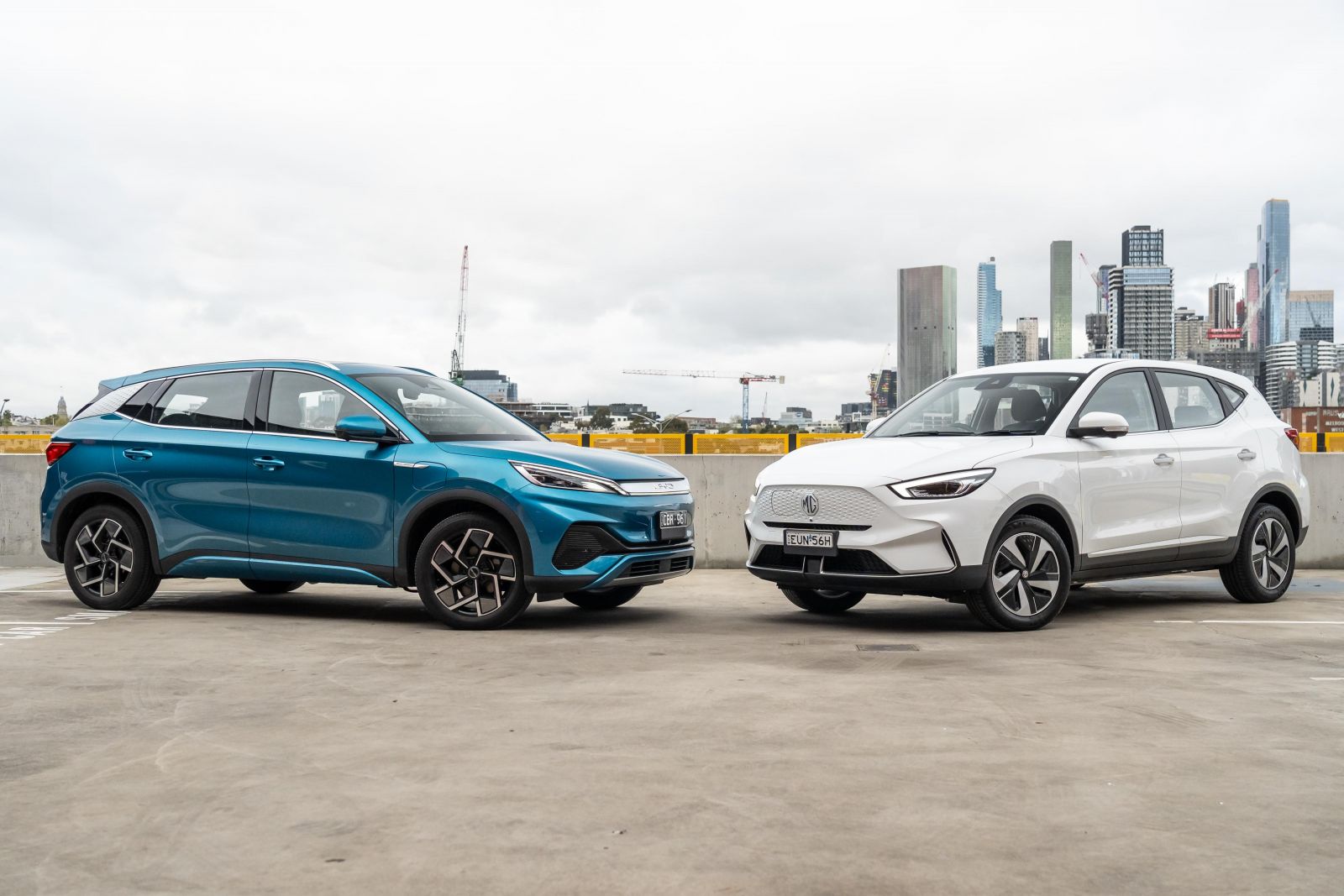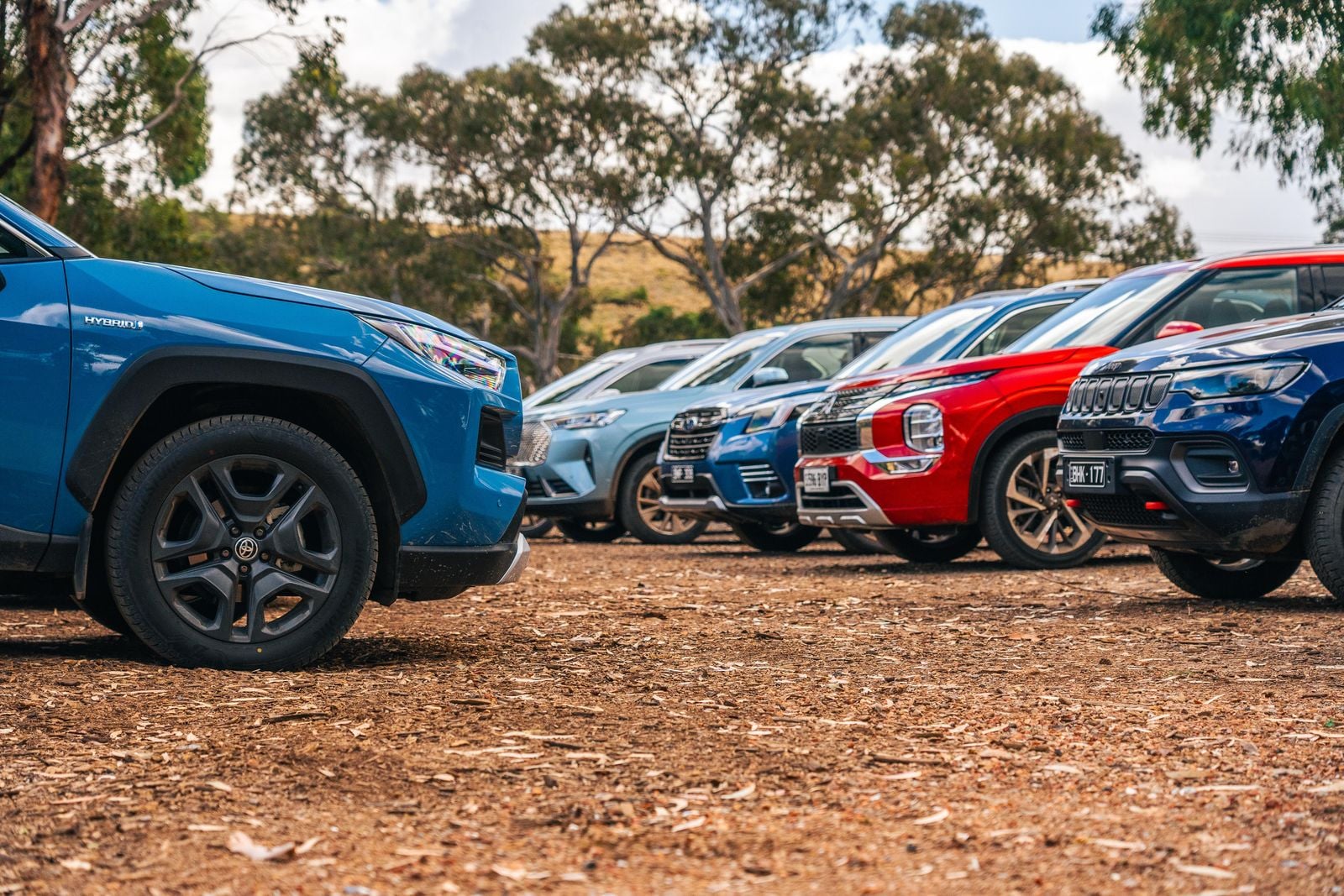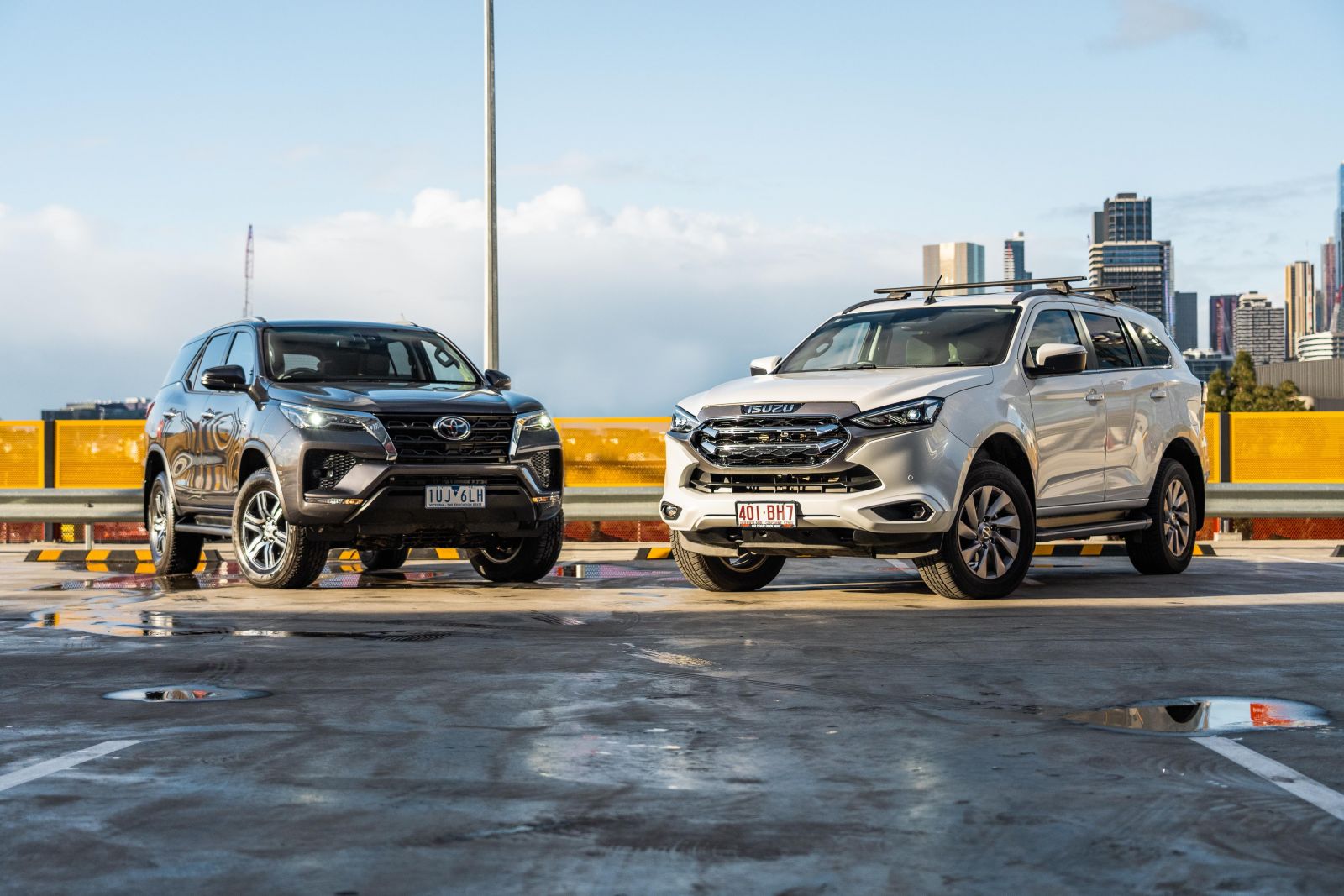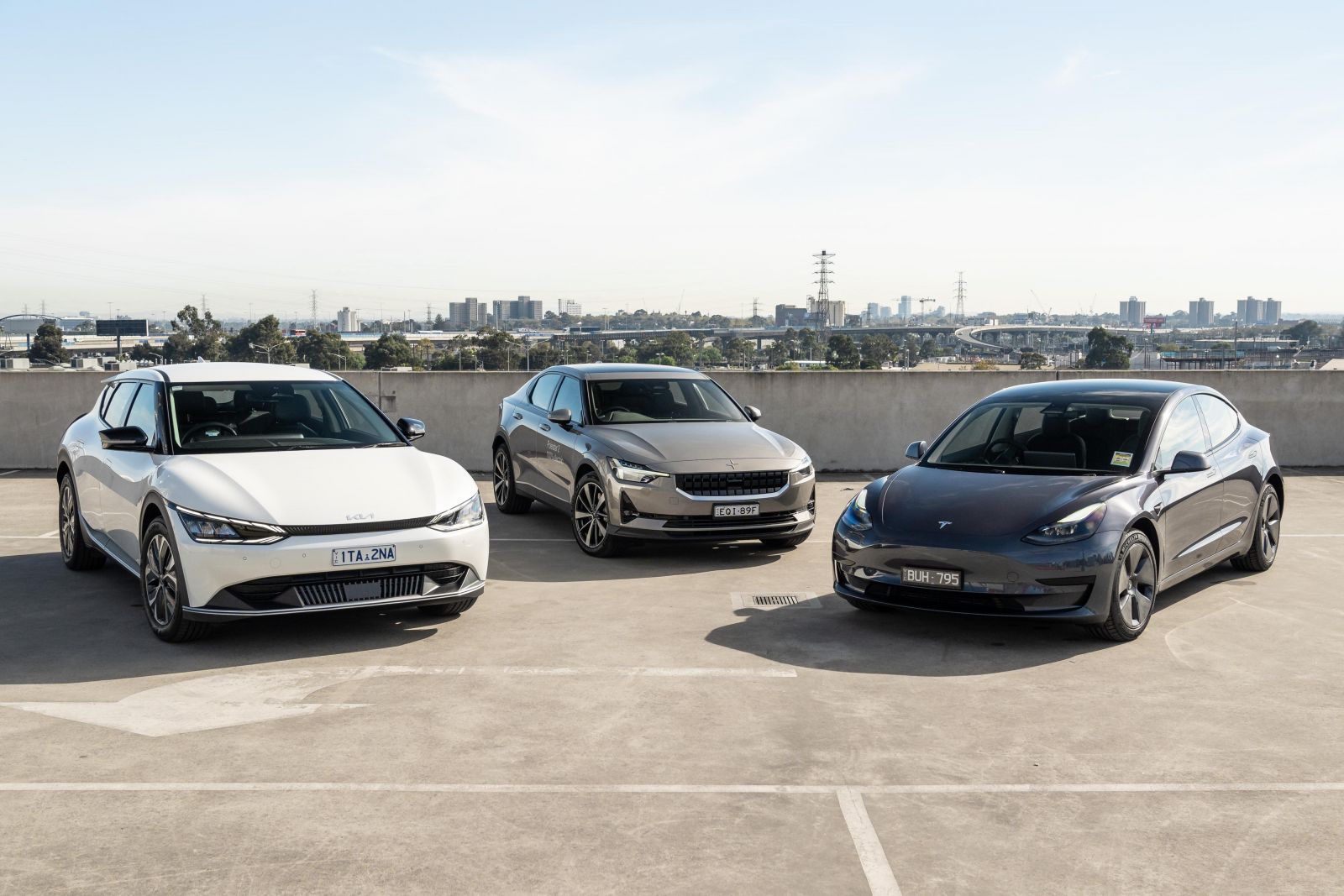The Federal Chamber of Automotive Industries (FCAI) has led a “strategic, coordinated campaign to push back against Australian climate policy” according to a report from a non-profit think tank.
The automotive industry peak body is painted as calculating by climate-focused think tank InfluenceMap, whose report it says is based on over 500 pages of documents obtained from multiple freedom of information (FOI) requests.
But the FCAI has pushed back, labelling the report “inappropriate and misleading”.
InfluenceMap says the FCAI has implemented a multi-step program with a goal of weakening the fuel efficiency standards the Australian Government plans to implement.
It claims this has involved setting weak 2030 emissions reduction targets and a voluntary CO2 standard with loopholes but no penalties, which it then allegedly used to oppose overseas climate policies.
The think tank also claims the FCAI spread anti-electric vehicle narratives to the government and promoted combustion-powered vehicles over EVs, while also lobbying policymakers to adopt weaker fuel efficiency standards.
“Our voluntary standard was established back in 2019 in the absence of a federally mandated standard,” said FCAI chief executive Tony Weber in response.
“The government has announced its intention to develop a standard, and we are working with them to set an ambitious yet achievable target for emissions reduction. We have been asking for this for almost a decade.
“The Australian consumer must be considered if this standard is to be effective. Rarely is the consumer mentioned in any commentary from ‘greens’ groups. Price and product availability are essential factors in reducing emissions in Australia’s context.
“We are concerned that the London-based InfluenceMap appears to be creating documents and representing them as FCAI commentary. This is inappropriate and misleading.
“The world has moved on from 2019. Australia’s motoring industry has moved on. It’s time these groups moved on as well.”
The InfluenceMap report cites a July 2020 FCAI presentation to the Department of Infrastructure, which noted the peak body’s voluntary CO2 standard is “similar to international CO2 standards but using features relevant to the Australian market”.
This includes “Super Credits… Off Cycle Credits… A/C gas credit… Credits/debits allowing for product cycles”. It also criticises the voluntary standards for the lack of financial penalties, while credits and debits can also be carried forward.
The report argues splitting emissions targets across separate passenger car and 4×4/light commercial categories subjects the latter to more lenient CO2 targets than smaller cars, which could in turn promote heavier SUVs and affect the overall effectiveness of the standards.
A Department of Infrastructure ministerial note from July 2020 for then Minister of Infrastructure and Deputy PM, Michael McCormack MP, noted that “while the national CO2 fleet targets may be difficult for manufacturers to meet for 2020, BITRE of Infrastructure and Transport Research Economics analysis suggests manufacturers should meet the FCAI targets for 2030 with only minor adjustments (such as improved air conditioning systems).”
An internal email from the Department two years later summarised a meeting with the FCAI, noting the peak body claimed, “The supply of EVs globally will not be sufficient to enable 100% of sales to be EVs by 2035, because: They claim EVs need 3 times as many semiconductor chips and that global chipmakers won’t be able to ramp up in time.
“Battery minerals supply will also need to ramp up dramatically. They also claim Australia’s rate of charging station installation is insufficient to meet projected EV uptake levels,” the email continued.
Notes from a meeting in July 2022 between the Department and the FCAI said the latter’s aim was “to convince Minister Bowen that legislating the FCAI’s voluntary standard would effectively reduce emissions”.
The FCAI’s consultation response to the National Electric Vehicle Strategy also emphasised limited charging infrastructure, higher EV costs, and the dominance of utes as being areas of concern in implementation of any stringent CO2 emissions regulations, calling for the government to follow “the structure of the FCAI voluntary CO2 standard”.
Mr Weber subsequently said last month in an ABC News interview “I think we could have more ambition than our target moving forward”, referring specifically to the CO2 target for passenger cars and light SUVs and not larger SUVs and light commercial vehicles.
In another interview in April, he advocated against bringing Australian CO2 rules in line with the US and European Union.
It isn’t just the FCAI which has been criticised by the report, with InfluenceMap noting Toyota and Hyundai’s public position on emissions regulation appears in lock-step with the FCAI while Polestar, Volkswagen and Volvo have publicly advocated for stricter standards.
“Today’s report is yet another troubling indictment of the fossil fuel-powered car lobby’s continued efforts to sway policy-makers to weaken climate legislation,” Greenpeace Australia Pacific campaigner Joe Rafalowicz said.
“With the Federal Government now consulting on what a feasible and effective set of fuel efficiency standards might look like, Greenpeace Australia Pacific is of the view that the car lobby – particularly Toyota, who occupy a powerful market share position at the FCAI – are determined to slow Australia’s progress on climate action so that they can protect their petrol-powered profits.
“Implementing strong, mandated fuel efficiency standards this year will mark the first step to opening up the Australian market to more EVs and ensuring that demand for them can be met.
“Strong standards means catching up to the rest of the world – with no loopholes, no dodgy accounting tricks, and equity built-in so that more Australians can access electric vehicles sooner.
“Greenpeace Australia Pacific urges policymakers not to be taken in by the car lobbyist’s blatant anti-climate positioning. At a time of climate crisis, we need strong standards in place to further Australia’s all-important climate efforts.”
Transport accounted for 18.6 per cent of Australia’s total greenhouse gas emissions in Australia in 2021, the second largest contributor to our emissions after energy.
A total of 62 per cent of these emissions come from light-duty vehicles.







